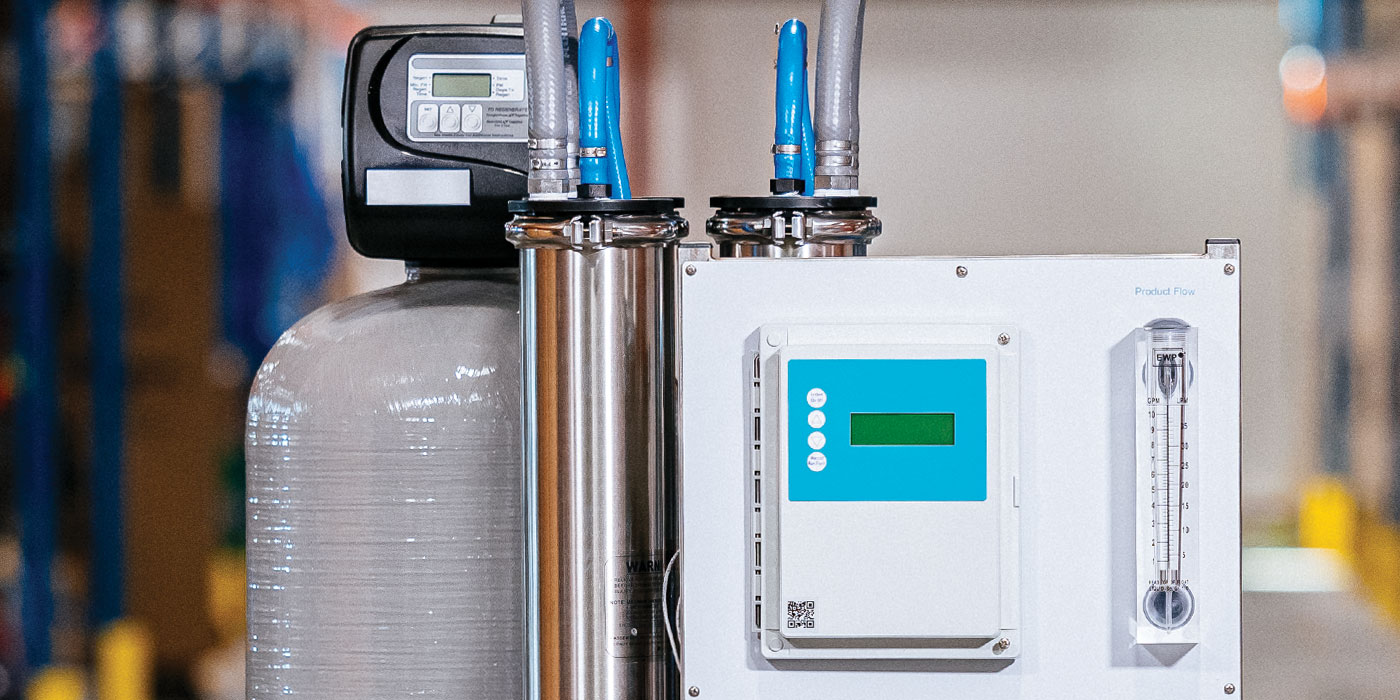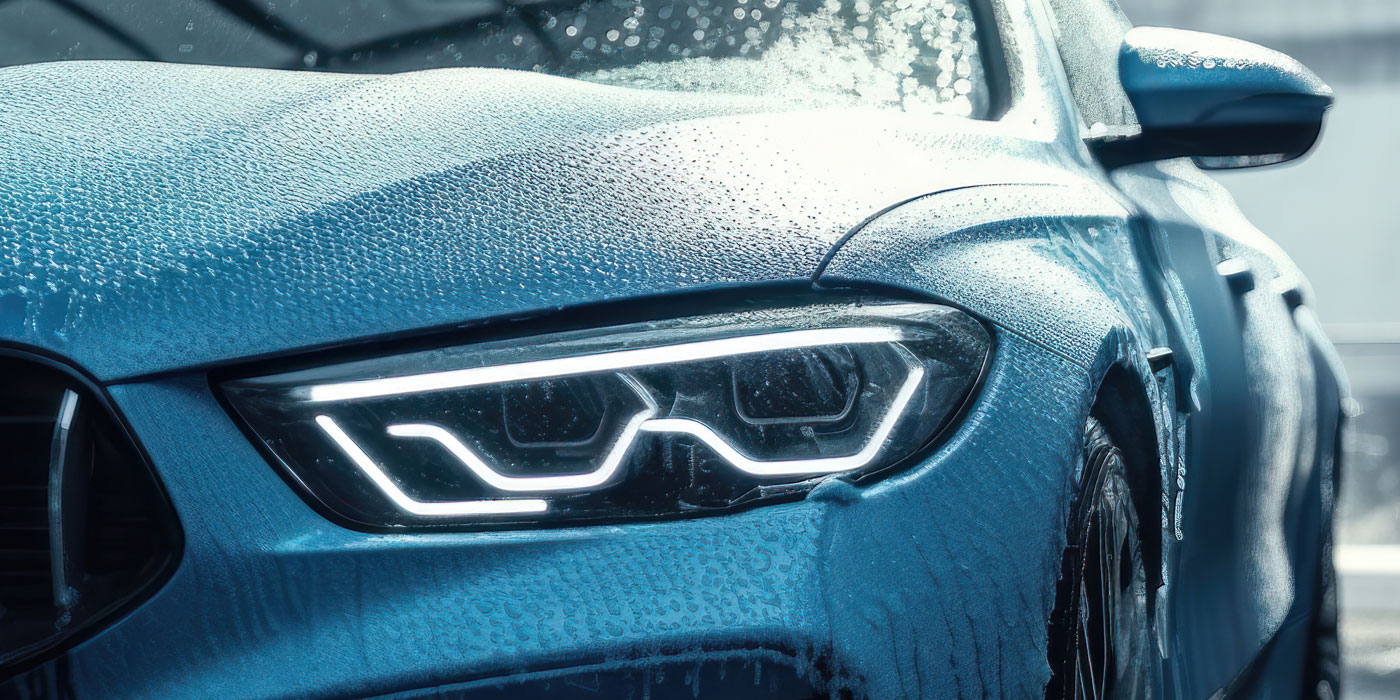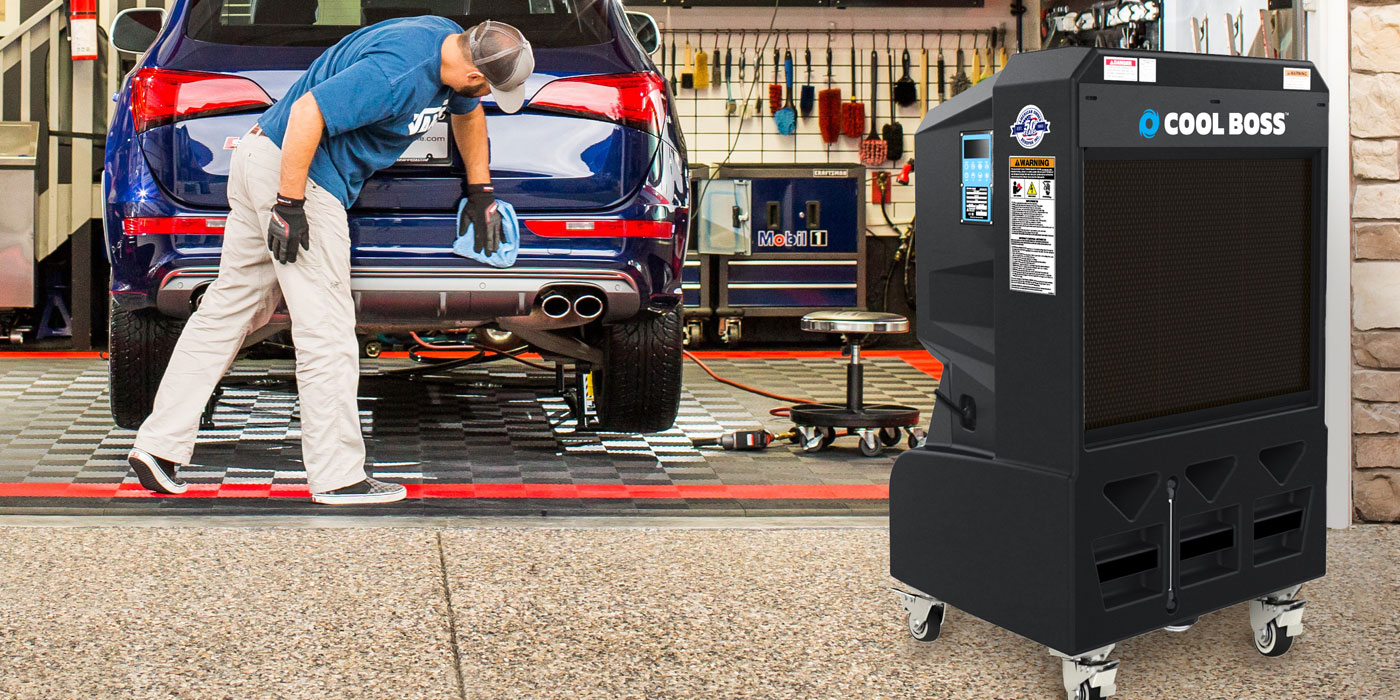For any new carwash operator, determining what insurance coverages will be needed is just one of many questions that will need to be addressed during the startup process. The answer will vary greatly depending on what kind of carwash model you are running. For example, if your new carwash is an express site, self-serve or even a flex-serve site, then you, as the new operator, can usually just secure property coverage for the site as well as general liability. However, there are many more coverage options available to further reduce your exposures. Other types of wash locations, such as full service or detail, will require additional coverage.
This article outlines some of those additional coverage options available to new carwash operators.
Commercial property coverage
The property coverage can cover any on-site buildings as well as your wash equipment and the business personal property on-site. One thing to keep an eye out for when researching insurance carriers for your carwash property is finding out whether you have to specifically schedule, or list on the policy, each structure.
Structures and equipment that could fall under this coverage include: the main wash building containing the tunnel, vacuum islands, pay stations and canopies. Some insurance carriers require you to do just that — schedule each structure — while other carriers will include those other structures, once you have scheduled the main wash building.
General liability coverage
In addition to covering your property, you will need general liability as well. But, will general liability be enough? The determining factor on whether general liability is enough to adequately cover your liability exposures is whether or not you or your employees take care, custody or control (CCC) of your customers’ vehicles. At express sites and some flex sites, where the practice is to have the customer stay in the vehicle while going through the tunnel, as well as at self-serve sites where the customers wash their own vehicles, general liability alone will typically cover any sort of property damage that may occur while going through the tunnel or using the self-serve bay.
Insurance carriers that write coverage for carwashes like these will usually require a property damage (PD) deductible for any claim that happens. Typical PD deductibles can be anywhere from $500 to $5,000.
One thing to ask about when negotiating a PD deductible is if the deductible is written on a “per occurrence” basis or a “per claim” basis. Despite the many safety and tech advances that have been made in the world of carwash equipment, let’s face it: Sometimes things happen in your tunnels or bays, and you may be responsible for any damages that occur. This is why it is important to know the difference in the way insurance carriers implement the PD deductible.
For instance, in a situation where more than one vehicle is damaged, if your PD deductible is a “per claim” deductible, then the insurance carrier will require that you pay a deductible for each vehicle that is damaged. However, if your coverage is written on a “per occurrence” basis, then you would only be responsible for one deductible no matter how many vehicles are damaged in any one “occurrence.”
Garagekeepers
General liability and property coverage are the most basic coverages needed for express sites and any other carwash operation that does not take CCC of their customers’ vehicles. For sites that do take CCC of their customers’ vehicles, such as full service and detail sites, these businesses need to make sure that they have garagekeepers coverage. Garagekeepers coverage provides protection for damage to customers’ vehicles due to the insured’s legal liability. This coverage is needed because of the CCC exclusion in the general liability section of the policy.
The basic garagekeepers coverage is based on the legal liability of the insured for damage to customers’ vehicles — meaning the customer must prove that the insured was negligent for the damage. This can often create a loss of goodwill with the customer if the coverage is denied because it is determined that the insured is not negligent for the damages.
It is for this reason there are two other coverage options for garagekeepers: direct excess and direct primary.
With direct excess, coverage would apply in excess of the vehicle owner’s coverage. With this type of coverage, typically the insured’s coverage would take care of the vehicle owner’s deductible for their personal auto insurance policy. In instances where the vehicle owner doesn’t have comprehensive or collision coverage on his or her auto insurance policy, direct excess will become primary and pay for the total of the damages.
Direct primary garagekeepers coverage is the broadest option available and is applied without regard to liability or negligence.
An important note about any kind of garagekeepers coverage is that the insured must select a limit for each location. The exact limit that is needed can be difficult to determine. One way to determine the limit is to consider the average value of the vehicles in the insured’s care, multiplied by the average number of vehicles in the insured’s care at a given time. For example, if the average value of a customer’s vehicle is $20,000 and the average number of vehicles in CCC of the insured is 10, then a limit of $200,000 should be selected.
Great attention and care should be given in the selection of the garagekeepers limit, because a catastrophic event, such as a tornado, could leave the insured without adequate coverage.
Business interruption coverage
Another coverage option that is often unconsidered and/or quickly dismissed (until the need for it becomes evident) is business interruption coverage. When your carwash site is shut down and you are unable to operate due to a damaging event, such as a fire or windstorm, you lose revenue. Regardless of how long your carwash business is inoperable, you are still obligated to pay the bills for the site, and you may also incur additional expenses related to being shut down.
Business interruption coverage, thankfully, will reimburse you for most of those expenses. Business interruption coverage typically covers fixed expenses, such as costs for your utilities, the rent or mortgage and revenue that is lost due to being shut down and not operating.
With most insurance carriers, the basic business interruption coverage is limited to losses where there is a direct physical loss to your site or location.
It is for this reason that some carriers, especially the ones that specialize in coverage for carwashes, offer off-premises coverage.
For example, if a windstorm damaged the power lines to your site or a weather event prevented the water company’s ability to supply adequate volumes of water to your site, you would likely be unable to operate in your normal manner. Those types of occurrences are considered “off premises,” and you must have that coverage in order to be reimbursed for those expenses and loss of revenue.
Equipment breakdown coverage
Because carwashes are usually heavily reliant on the equipment in their tunnels and bays to function properly, equipment breakdown coverage is another highly recommended coverage. An insured’s commercial property policy would cover the equipment from external causes of loss, such as fire, lightning or windstorm. But, equipment breakdown coverage can pick up where the property coverage leaves off. The equipment breakdown coverage covers internal causes of loss, such as mechanical breakdown, motor burnout, power surges, electrical shorts and, often, it will even cover operator error.
Cyber liability
Another coverage new operators might consider, especially ones that are dependent on computers for their day-to-day operations, is cyber liability. Cyber liability covers the business’ liability for a data breach in which the carwash customers’ personal information, such as social security numbers or credit card numbers, are exposed or stolen by a hacker or other criminal who has gained access to the insured’s electronic network. Almost all insurance carriers are now offering cyber liability in addition to the other coverage offerings.
Related: Why you need to care about cybersecurity
Employment practices liability insurance
Lastly, employment practices liability insurance (EPLI) is a good idea, especially for operators that have high turnover, high employee count or both. As today’s society leans more and more towards a litigious culture, EPLI could prove to be invaluable. The reason this coverage becomes so important is that it is excluded from a general liability coverage form. It must be written separately.
EPLI will cover operators in cases where an employee is alleging harassment, discrimination (gender, race, age or disability) or failure to promote. Most insurance carriers offer this coverage, but it can also be obtained mono-line, meaning a policy by itself. An interesting fact about EPLI is that most of the claims that are paid are vastly just defense costs and not awards to the employee/claimant.
Your unique insurance needs
Since carwashes are very unique and have their own set of liabilities and exposures, it is important to select an insurance firm that actually specializes in partnering with carwash operators. Almost any insurance carrier can insure carwashes; however, the coverage options in those policies are often filled with exclusions or gaps in coverage.
Conversely, insurance carriers that actually specialize in providing coverage options for carwash operators are able to more accurately assess an operator’s needs for each specific site and, therefore, put together the broadest coverage available with the least gaps in coverage.
For example, carwash-specialized insurance carriers will often include coverage, without the need to list on the policy or pay extra premium for, all of a site’s ancillary structures (vacuum bays or islands, pay stations, canopies, etc.) when you are covering the main building or tunnel.
A carwash operator’s liabilities and exposures are of great magnitude and should be treated as such. When a new operator decides to start up a business, he or she should remember that proper insurance representation is just as important as an attorney or accountant.
All too often, insurance professionals only initiate contact with their insureds at the beginning of a policy and at renewal. An agent who specializes in partnering with carwash operators understands that regular contact, especially at the time of a potential loss, is imperative. The right insurance partner will be by your side beyond the basics and into a profitable future, so choose wisely.
Jeff Cook, CPIA is a carwash insurance specialist with Roberson Insurance, which has been partnering with carwash operators since 2000. You can contact him at (501) 776-5222, [email protected] or on Facebook @CWInsSpecialist.














